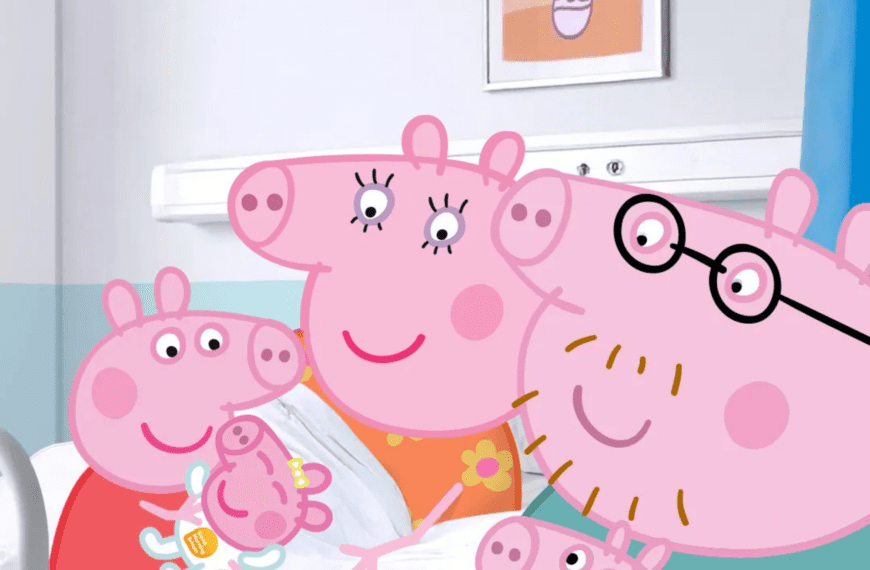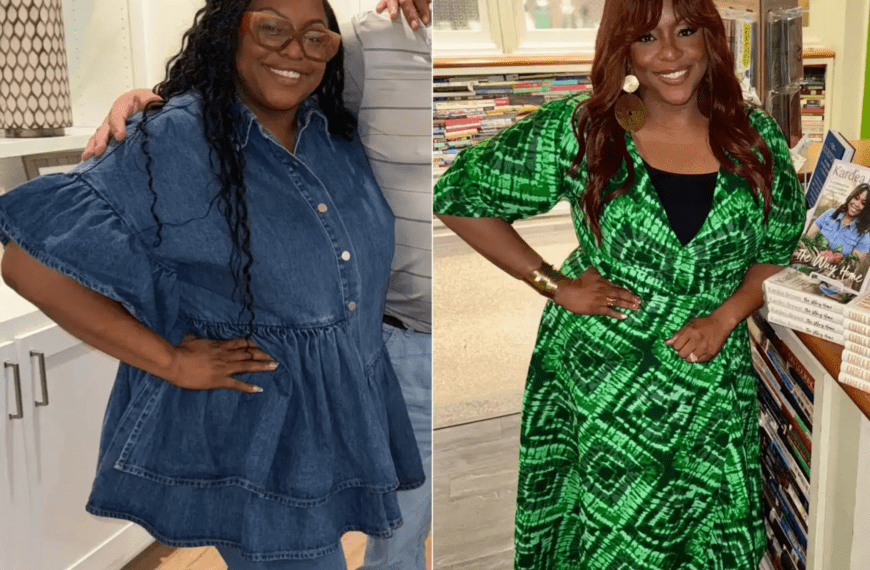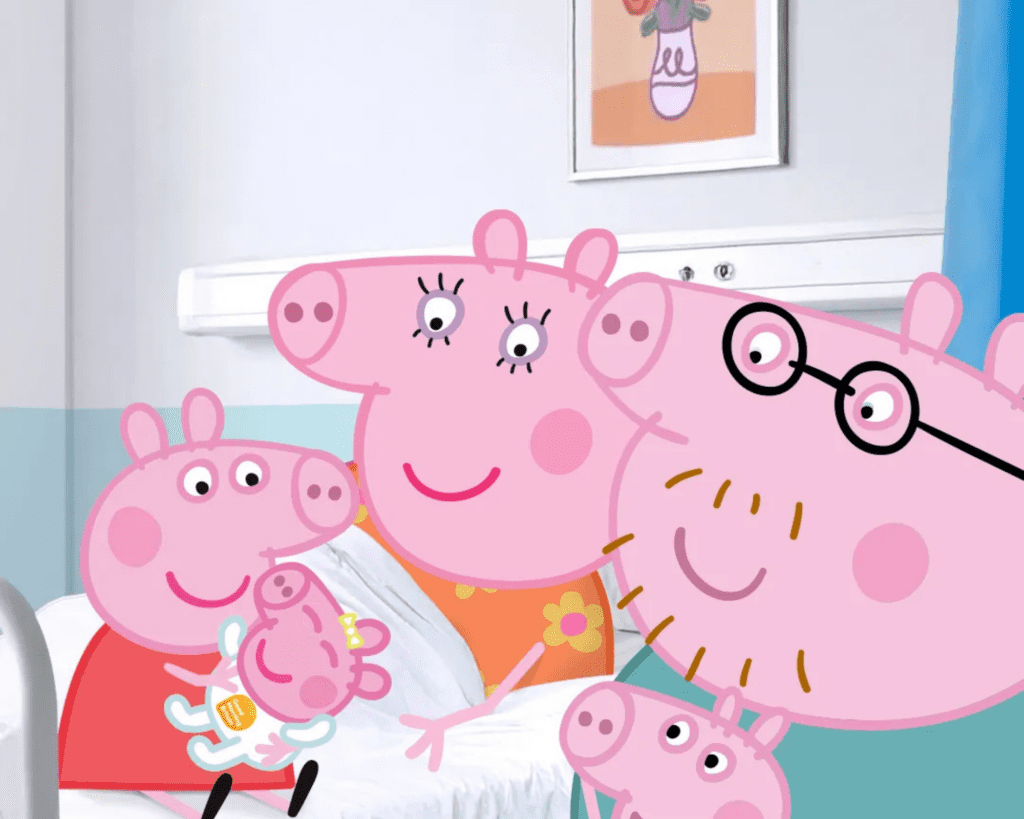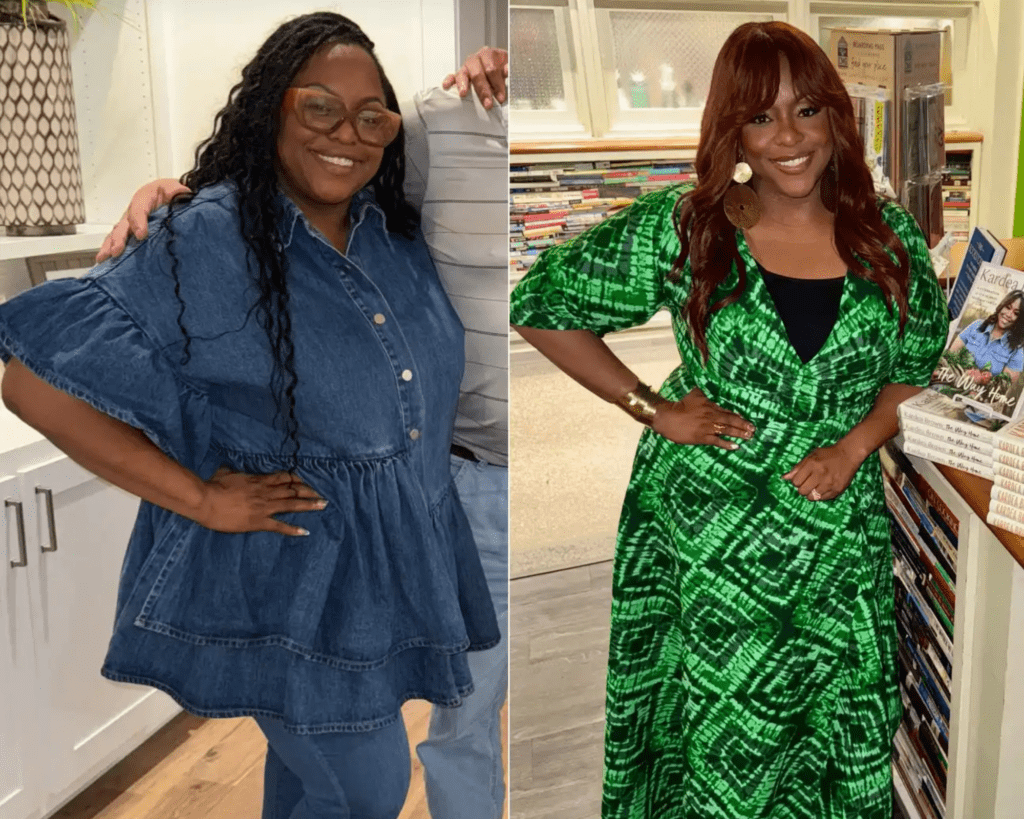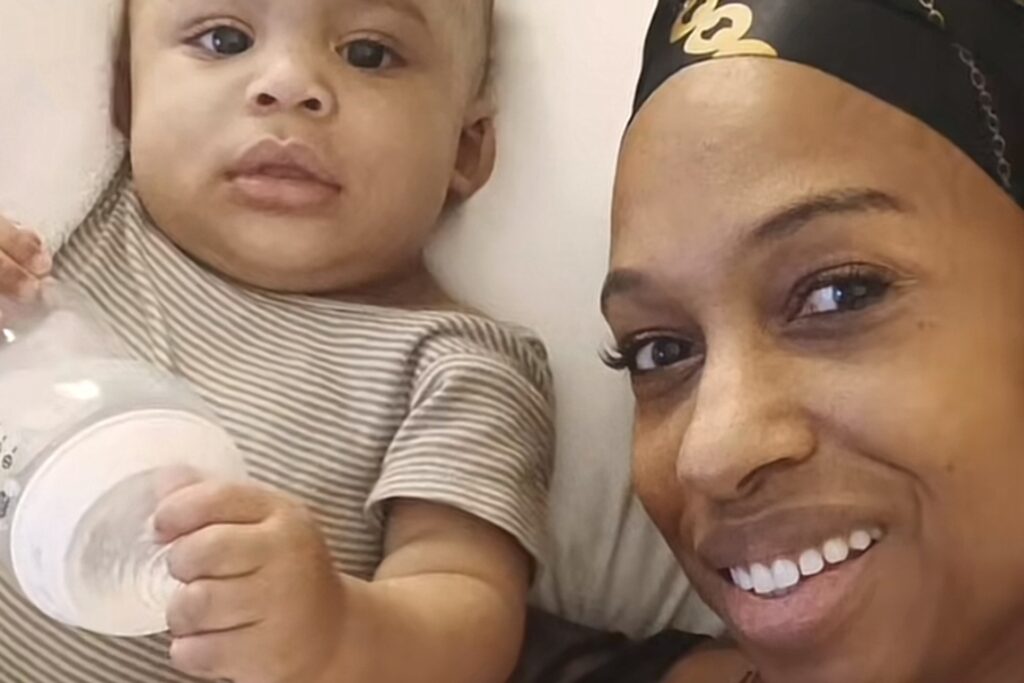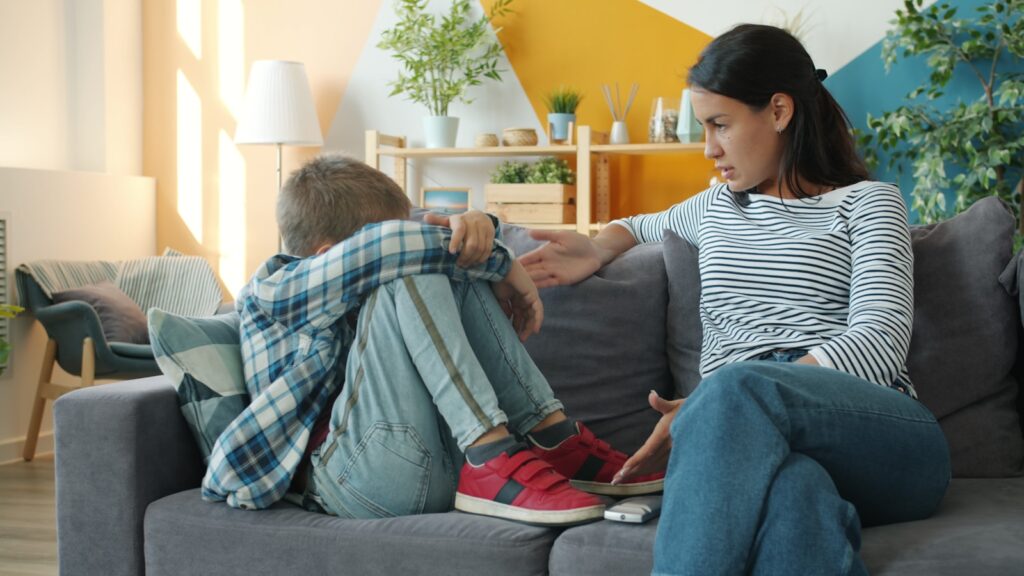Decluttering can feel overwhelming, especially when you’re not sure where to start or how to keep momentum.
Many people jump into the process with good intentions but end up making mistakes that slow them down or make the task harder than it needs to be.
Starting without a clear plan

When you begin decluttering without a plan, it’s easy to feel overwhelmed quickly. You might jump from one area to another without finishing anything.
Having a clear plan helps you stay focused and organized. Decide which spaces to tackle first and set realistic goals for each session.
Trying to declutter everything at once

You might feel motivated to clear out your whole space in one day, but this can quickly become overwhelming. Taking on too much at once can lead to frustration and burnout.
Instead, break the task into smaller, manageable areas. Focus on one room or category at a time to keep your energy steady and progress clear.
Holding onto sentimental items too soon

When you start decluttering, it’s natural to want to keep sentimental items. But holding onto them too early can slow your progress.
Give yourself time before sorting these items. You might find it easier to decide what truly matters after handling less emotional clutter first.
Not sorting items into categories

When you don’t sort your items into categories, decluttering becomes confusing and slow. Group similar things together, like clothes, books, or kitchen tools.
This helps you see how much you actually have of each type. It also makes deciding what to keep or toss easier and faster.
Ignoring the root cause of clutter

If you don’t identify why clutter builds up, it’s easy to let it return quickly. You might just clear mess on the surface without solving the habits or needs causing it.
Take time to understand what makes clutter grow in your space. Are you keeping things out of guilt, convenience, or uncertainty?
Shifting clutter instead of removing it

When you move clutter from one spot to another, you might feel like you’re making progress. But really, you’re just postponing the problem.
Try to focus on letting go of items you no longer need instead of finding new places for them.
Decluttering someone else’s stuff without permission

You might feel like helping by cleaning out a shared space. But removing or discarding someone else’s items without asking can cause tension.
Always talk to the owner before sorting through their belongings. Respecting their choices helps avoid misunderstandings and keeps relationships positive.
Overthinking every decision

When you overthink each item, decluttering can feel overwhelming. You might spend too much time deciding if something should stay or go.
Try setting simple rules to guide your choices, like keeping only what you use regularly. Trusting your instincts helps speed up the process.
Not setting goals for what to keep

When you start decluttering without clear goals, it’s easy to feel overwhelmed. You might hold on to things “just in case” without knowing why.
Setting simple goals helps you decide what truly matters. Think about what you use regularly or what brings you joy. This makes it easier to let go of the rest.
Waiting too long to donate or discard items

When you hold on to items too long after deciding to let them go, clutter can build up again quickly.
You might think you’ll get around to donating or selling them soon, but delays often mean they just stay around. Try to remove these items from your home as soon as possible.


